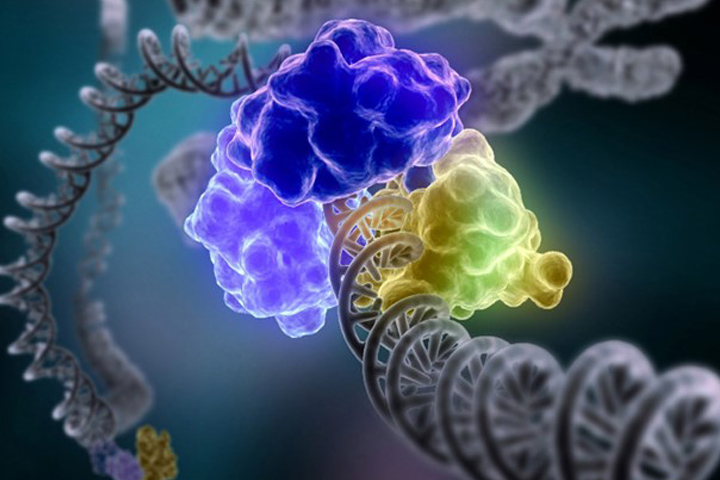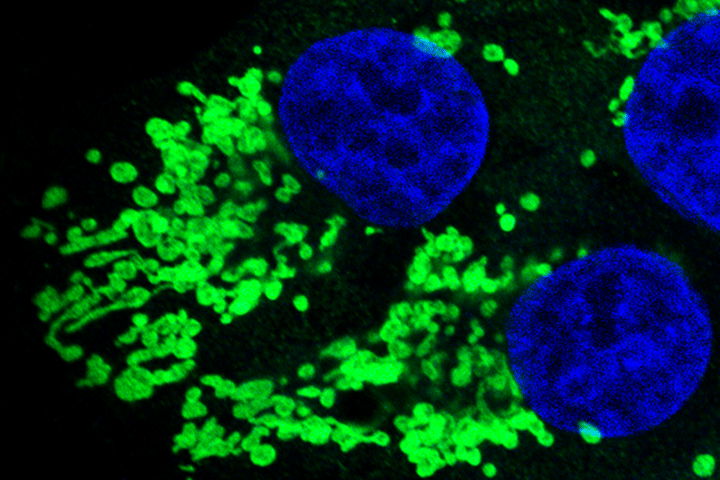Using Molecular Tumor Profiling to Determine the Best Pancreatic Cancer Treatment

Can determining the tumor subtype help figure out which chemotherapy would work better for each patient?
Molecular analysis and characterization of cancer tumors is called subtyping. This process has enabled doctors to make more informed decisions about therapeutic approaches to improve clinical outcomes for pancreatic cancer patients. A phase II trial is taking a closer look at the relationship between tumor subtype and response to chemotherapy regimens in pancreatic cancer patients.
How it Works
In molecular subtyping, tumor samples are collected, analyzed for their genetic and molecular makeup, and then classified in various categories based on their characteristics. This information helps doctors choose the most effective treatment, which may improve the probability of a positive clinical outcome.
In this trial, researchers are using the molecular profiling system called PurIST (Purity Independent Subtyping of Tumor), which classifies pancreatic cancer tumors into two molecular subtypes: classical and basal. Tumor samples will be collected via endoscopic ultrasound and then genetically analyzed and characterized as either classical or basal.
Based on the profiling results, patients are placed on neoadjuvant chemotherapy regimens for two months: those with classical subtype will receive FOLFIRINOX, while those with basal subtype will receive gemcitabine and nab-paclitaxel.
After the first treatment cycle, the tumor response to treatment is evaluated and the second treatment cycle determined:
- Patients with a decline in CA 19-9 values and shrinking tumors will continue the same chemotherapy regimen for an additional two months.
- Patients who didn’t respond to the original treatment will switch to a second-line therapy for an additional two months.
- Patients with local disease progression will receive chemoradiation, rather than continued chemotherapy, so the window of opportunity for surgical resection is not lost.
Joining the Trial
All participants must have resectable or borderline resectable pancreatic cancer and will undergo a tumor biopsy by endoscopic ultrasound. Patients must not have received chemotherapy and/or radiation for any cancer within the past three years before this study.
We encourage you to consult your physicians for clinical trials that may be right for you. The website ClinicalTrials.gov provides more details about this trial as well as many others. You can visit the Let’s Win Trial Finder for a list of all active pancreatic cancer clinical trials.





